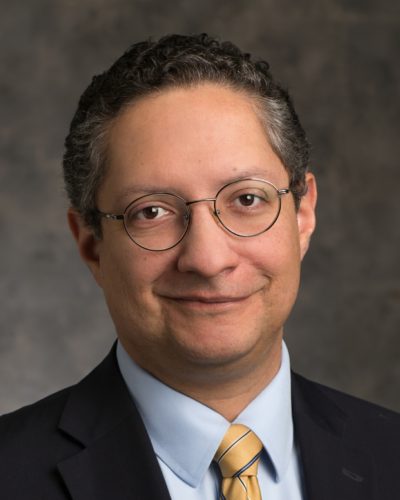Podcast: Play in new window | Download (Duration: 30:22 — 20.9MB) | Embed
Subscribe: Apple Podcasts | Spotify | Amazon Music | Android | Pandora | iHeartRadio | JioSaavn | Podchaser | Gaana | Podcast Index | Email | TuneIn | Deezer | Anghami | RSS | More
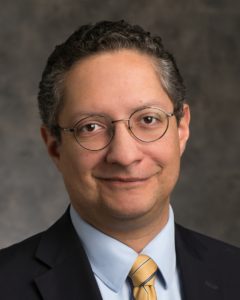
Episode 19- Regnum Novum: Bringing forth the New Evangelization through Catholic Social Teaching with Omar Gutierrez – We begin the study of the “Compendium of the Social Doctrine of the Church” Chapter 1
CHAPTER ONE
GOD’S PLAN OF LOVE FOR HUMANITY
I. GOD’S LIBERATING ACTION IN THE HISTORY OF ISRAEL
a. God’s gratuitous presence
b. The principle of creation and God’s gratuitous action
II. JESUS CHRIST, THE FULFILMENT OF THE FATHER’S PLAN OF LOVE
a. In Jesus Christ the decisive event of the history of God with mankind is fulfilled
b. The revelation of Trinitarian love
We live at a very special time. The confluence of many things has brought forth the clear need to be able to articulate the Social Teaching of the Catholic Church in a way that is accessible and applicable. This is not to be an effort where high-minded theories are to be bandied about. Rather, this is a time of opportunity wherein we can apply the Social Doctrine to the concrete so as to bring about a New Kingdom, a Revolution. – Omar G.
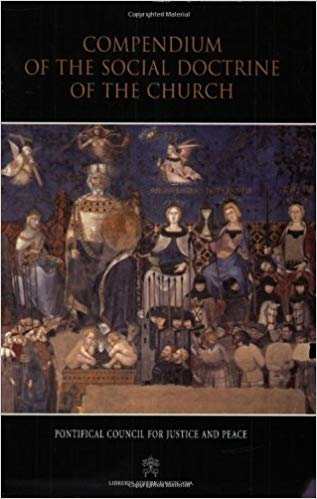 Also visit Omar’s “Discerning Hearts” page Catholic Social Teaching 101
Also visit Omar’s “Discerning Hearts” page Catholic Social Teaching 101

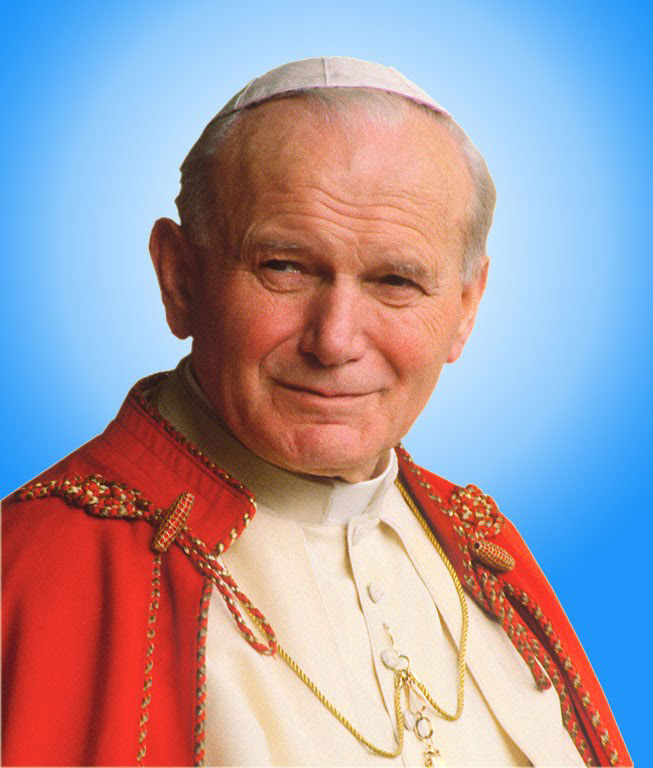
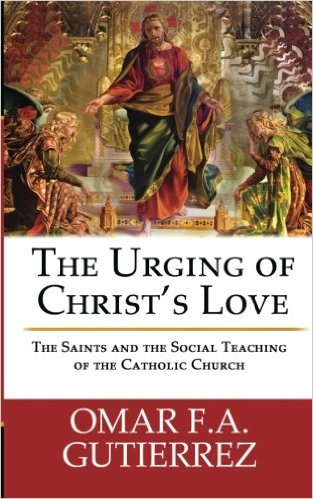


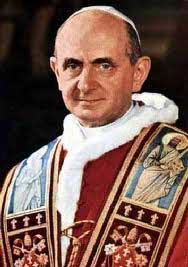
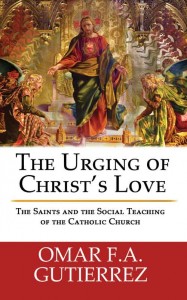
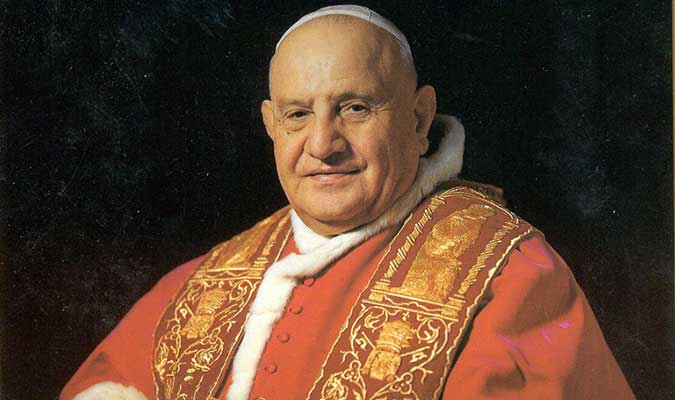
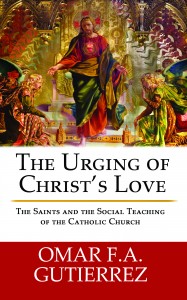
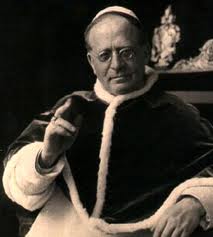
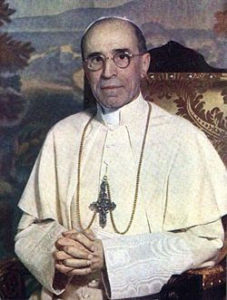
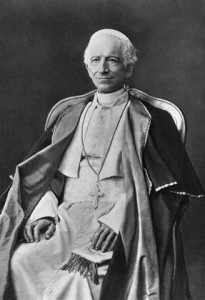 He is known for intellectualism, the development of social teachings with his encyclical Rerum Novarum and his attempts to define the position of the Church with regard to modern thinking. He influenced Roman Catholic Mariology and promoted both the rosary and the scapular. He issued a record eleven encyclicals on the rosary, approved two new Marian scapulars and was the first Pope to fully embrace the concept of Mary as mediatrix. He is also the author of the St. Michael the Archangel prayer, among others.
He is known for intellectualism, the development of social teachings with his encyclical Rerum Novarum and his attempts to define the position of the Church with regard to modern thinking. He influenced Roman Catholic Mariology and promoted both the rosary and the scapular. He issued a record eleven encyclicals on the rosary, approved two new Marian scapulars and was the first Pope to fully embrace the concept of Mary as mediatrix. He is also the author of the St. Michael the Archangel prayer, among others.